What is matcha tea?

Matcha tea is a special green tea that is added to extremely fine powder ground into an extremely fine powder. The green tea from which matcha is made is called tencha. It is considered the finest green tea of the world and is almost completely shaded for several weeks before harvesting. This deprivation of light gives the tea its special character and unique taste. For the best matcha teas, only the top two leaves are harvested and ground on granite stone mills after steaming and drying.
What does matcha actually taste like?
Our best matcha teas are characterized by a sweetlight fruitysometimes nutty and always complex and full matcha tea taste.
If you have ever drunk bitter, grassy or even algae-tasting matcha, it was of inferior quality. Matcha should never taste like this.
Our green teas have been tasted many times and have a full and creamy mouthfeel and are never sour or strongly bitter.

How is matcha tea prepared?
To prepare matcha tea, you will need the fine powder, a bamboo whisk and a suitable bowl. Pour a lightly heaped teaspoon (alternatively a heavily heaped bamboo spoon) of the matcha powder into the empty bowl. Add a small amount of water.
Stir the mixture with the bamboo whisk to form a homogeneous, lump-free paste. Now add approx. 100ml lukewarm water (50-70°C) to the paste and stir the whole thing with quick flicks of the wrist to make a frothy matcha tea. You can find a more detailed description of how to make matcha tea here here >>>.

Where does matcha tea come from?
Although the origins of matcha tea lie in China, the best teas today come from Japan. Here, the cultivation and harvesting of the fine powder has been practiced and perfected for centuries. There are more than 20 large cultivation areas for tencha, from which matcha tea is later made, throughout Japan. The best and most famous regions include Shizuoka, Uji (Kyoto), Aichi and Kagoshima. The finest matcha powder in the world is cultivated here. >>Here you can find out more about our growing regions.

How is matcha tea produced?
Matcha powder is produced from Tencha. Tencha is a special, rare and fine green tea that is shaded for several weeks before harvesting. As a result, the plant develops more amino acids and a sweet and gentle character. For the finest matcha teas, only the top two leaves are harvested. These are then steamed and dried.
In the final steps, the tender leaf flesh is separated from the ribs and stems and ground into an extremely fine powder on granite stone mills. Only 40-50g powder per hour. This laborious extraction of matcha tea explains the high prices for the best teas. >> Here we tell you more about our quality standards.
Does matcha tea wake you up?
Matcha tea contains a high concentration of caffeine. The fine green tea powder has a caffeine content 6 times higher than coffee. However, as fewer grams are needed per drink than with coffee, the absolute caffeine content of a bowl of matcha can be compared to that of a strong espresso (60-80mg).
However, unlike coffee, the caffeine in matcha is in a bound form. This means that it is only released in the intestine and not in the stomach. This means that the caffeine has a slower and therefore gentler and longer-lasting effect. With coffee, you wake up quickly, but the effect wears off just as quickly.
Matcha tea is therefore a good alternative to coffee.

How much matcha tea should you drink?
As with all drinks containing caffeine, matcha tea should be consumed in moderation. Excessive consumption of the fine green tea can lead to discomfort and nervousness. However, the caffeine in matcha is generally better tolerated than its counterpart in coffee. As it is in a bound form, it is absorbed and processed more slowly and gently by the body. It therefore does not have such a strong stimulating effect and the risk of feeling unwell is reduced. Since a bowl of matcha tea (2g powder) contains so much
caffeine as a strong espresso (60-80mg), you should still not consume more than 4-5 bowls throughout the day.
We advise pregnant women and people under the age of 14 not to consume it at all.
Preparing matcha tea without a bamboo whisk
Although we do not recommend preparing your matcha without a whisk, it can always happen that the fine bamboo utensil is not available. If it is available, you can use a milk frother to whisk the tea until frothy. This has little to do with traditional preparation, but necessity is the mother of invention.
If no frother is available, you can also mix the tea with the water by shaking it. All you need is a sealable container, e.g. a bottle, into which you pour two grams of tea with 70-100 ml of water. Now shake firmly for 20-30 seconds and you're done. Not exactly what the Japanese had in mind when they made this high-quality tea, but a quick alternative if you don't have a matcha whisk. >> Here you can find out more about the preparation

What to look out for when buying matcha?
There are two basic things to consider when choosing the right matcha tea:
- Product safety or harmlessness
- The quality
The first point can only be checked by transparent information from the supplier. Where does the tea come from? Is Matcha certified organic? Has the tea been tested for radioactive contamination?
You can only be sure that you are buying a safe product if all the necessary information is available. However, this does not mean that teas that are not certified organic are generally harmful. It just means that special checks must be carried out to ensure that the products are free from pesticides and other harmful substances.
If you are sure that the tea is not harmful to your health, it is important to find the right quality. If you only need matcha for baking and cooking, you can confidently choose cheaper, usually more bitter qualities. However, if you want to enjoy matcha tea as a drink, you need to choose a good quality. These are characterized by a radiant greena smooth taste and complex aromas. Prices start at 60 cents per gram. We have described the differences in quality in more detail here summarized

Buy Matcha tea at DM and other drugstores?
Matcha powder is now offered by a large number of suppliers. Be it drugstores such as DM or Rossmann, Amazon or various online stores. However, the available qualities are extremely varied. It is difficult to say in general terms who offers the best quality or which offers you should steer clear of. A first indication the price. If the tea costs less than 50 cents per gram, you should start to doubt whether it is good quality tea. You should also make sure that all the necessary information about the products is available and that you receive expert advice if required. Whether this is the case in a drugstore is at least doubtful.
Buy matcha powder in a set with accessories
If you are new to matcha, it is a good idea to buy the tea in a set with matching accessories. A bamboo whisk and a matching matcha bowl are required for the traditional preparation of the fine green tea powder. If the accessories are bought together with the tea in the set you can enjoy good money save and start brewing straight away. A tasty Japanese matcha set also makes an ideal gift for all tea fans. Click here for our sets >>>>

Matcha for cooking and baking
Matcha powder is becoming increasingly popular as an ingredient for all kinds of baking and cooking recipes, not only because of its neon green color, but also because of its complex ingredients. The tea colors the food a poisonous green without having to use artificial additives. However, cheaper qualities of matcha should be used for this purpose. These are characterized by a tart, pronounced green tea taste and can therefore also be used in cakes and other dishes. The higher quality matcha grades are not only too gentle and restrained in flavor, they are also too good for this purpose.
Click here for our Matcha Basic Line, which is specially designed for these requirements.

Matcha tea price differences
There is now an almost endless selection of different matcha teas. Some of these differ considerably in quality and therefore also in price. Prices for inexpensive matcha powder, usually referred to as "culinary", i.e. baking or cooking quality, start at less than 10 cents per gram. There is hardly any upper limit.
Matcha teas costing €3 per gram and more are also available. As a rule of thumb, however, you can say that good matcha tea (in a 30g tin) should cost at least 50 cents per gram. Very good teas are available for as little as 80 cents per gram. For anything significantly cheaper, doubts are justified as to the quality and therefore the taste of the finished tea. Here you can find out more on the subject >>>

Matcha tea qualities
Due to origin, cultivation, harvesting and processing, there are a variety of Matcha qualities. However, many teas do not deserve to be called matcha tea. Real matcha tea is made from tencha (a very high-quality green tea), shaded for several weeks before harvesting and harvested by hand. Only the two uppermost, most tender leaves are used for the tea and, after steaming and drying, are ground extremely finely on granite stone mills.
This laborious extraction process also explains the high price of real matcha tea. It is characterized by a brilliant green, sweet and fine aromas and a full body. Poorer qualities, on the other hand, are often obtained from cheaper green tea varieties, are not shaded long enough or not at all and are harvested mechanically.
In addition, the older, larger leaves are used to save costs. Teas produced in this way do not have any of the sought-after matcha properties.
Here you will find an overview of all the quality grades we offer.

Where to buy Matcha tea?
There is now a multitude of matcha suppliers on the market. So you can decide whether to order the tea from your local drugstore or organic market, or from one of the countless online suppliers. Prices vary enormously depending on the specialization of the supplier. In the drugstore or retail trade, the teas are purchased directly from wholesalers and the focus is usually on lower purchase prices.
This is then also reflected in the quality quality. Online, a general distinction can be made between mass and specialty suppliers. The former follow a similar path to drugstores and focus on quantity in terms of purchase and sales. These offers are characterized by a low price, a lack of product information and a mostly inferior standard quality.
Specialty suppliers usually import the teas directly, have specifically selected the individual matcha varieties according to quality and provide a wealth of important information about the product. They are committed to the product and stand behind the products on offer. You can feel and taste this. Although you pay more for your matcha tea here, you also get exquisite quality. Discover our hand-picked organic matcha teas now!




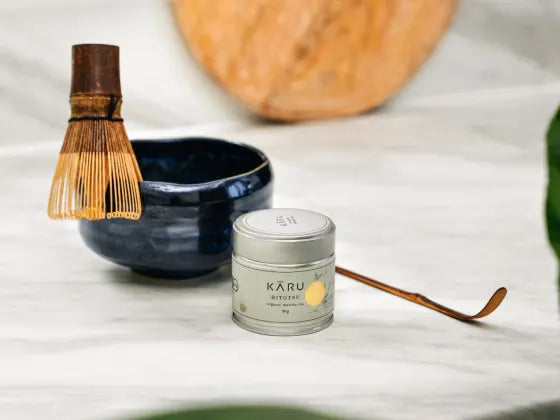
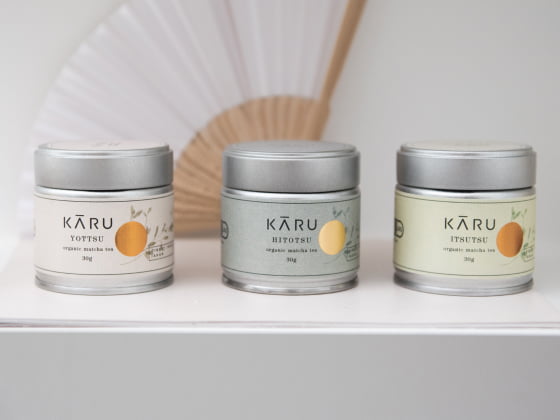
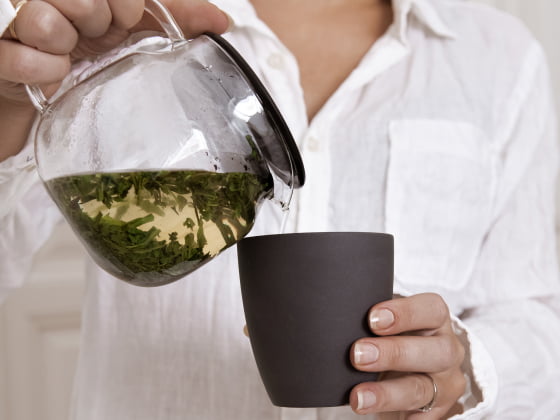
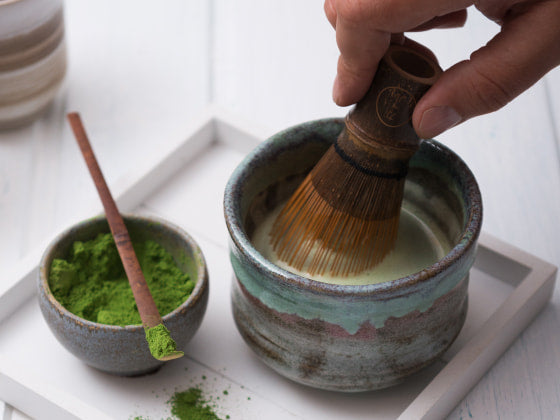
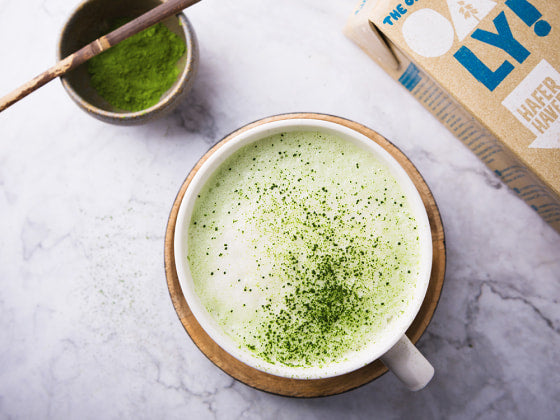
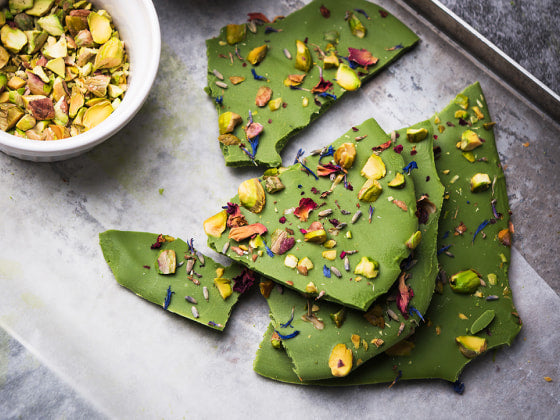
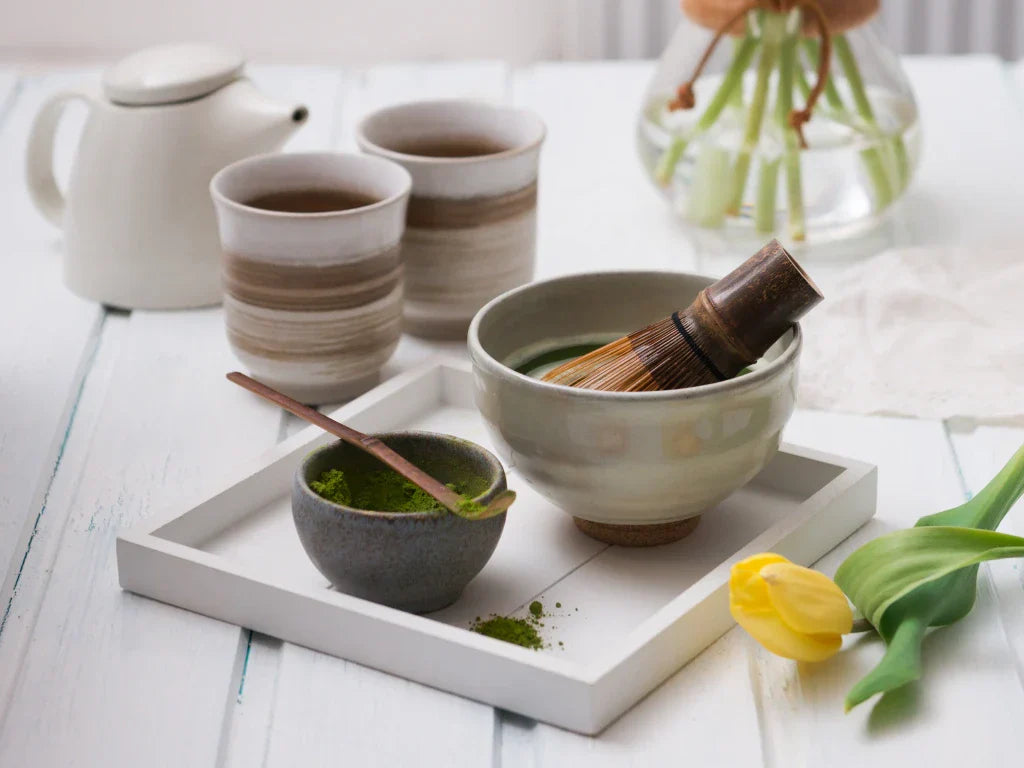


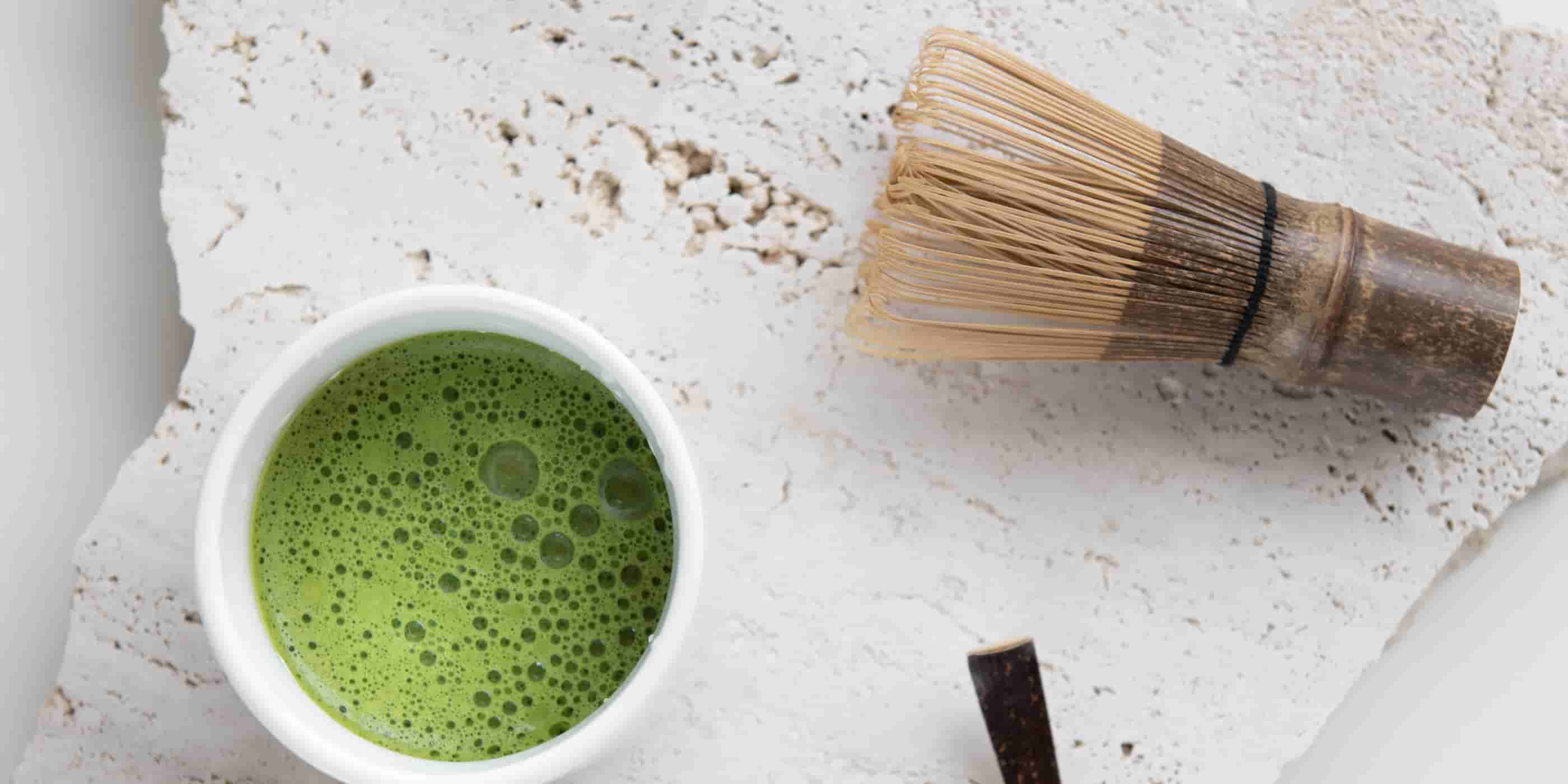
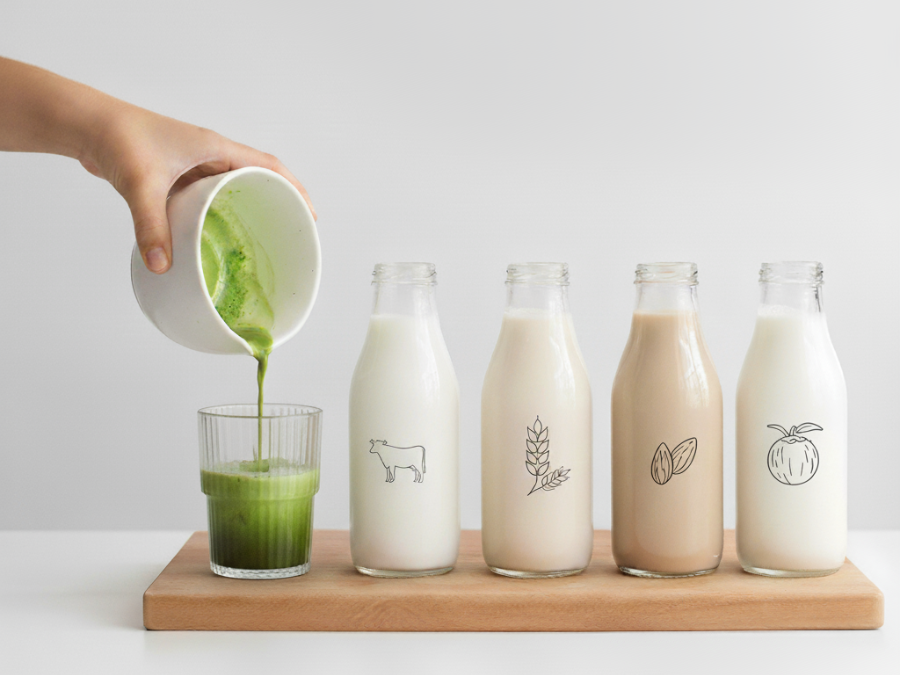
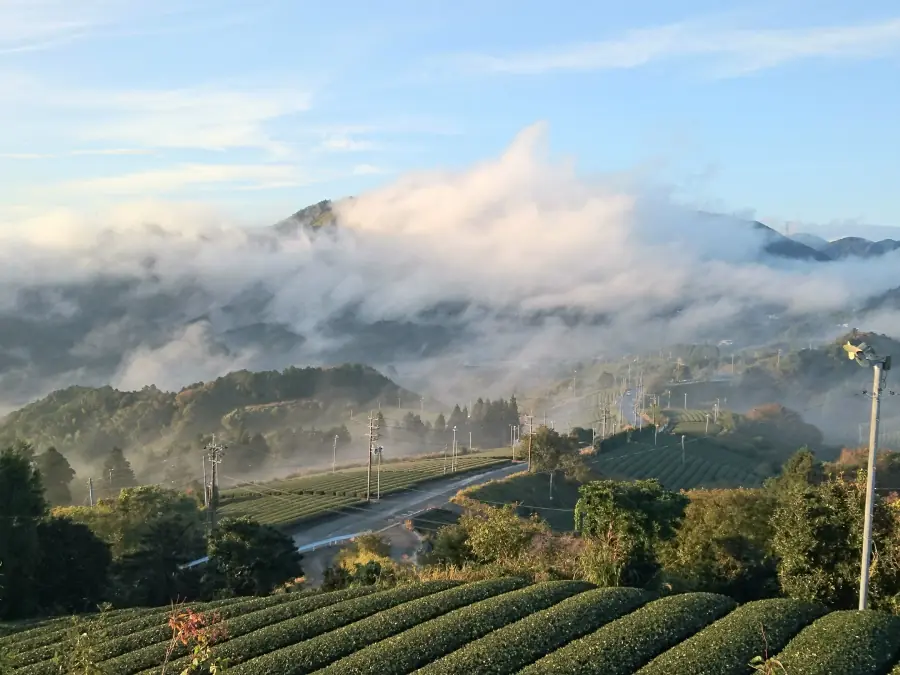
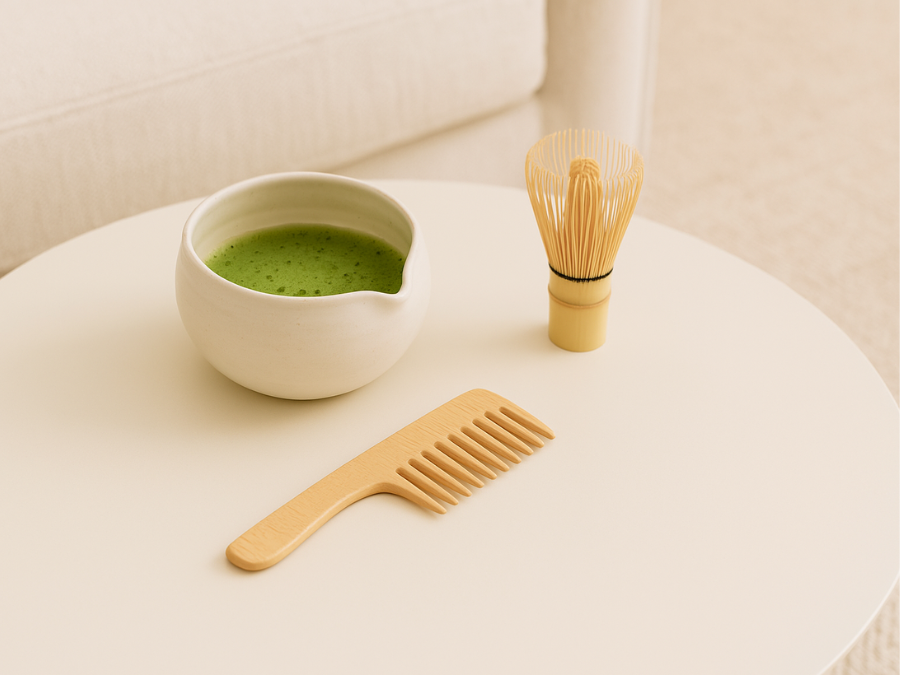
2 Comments
Paul Gieremek
Sehr Gute Internet Seite , Danke Paul G.
Sehr Gute Internet Seite , Danke Paul G.
Paul Gieremek
Sehr Gute Internet Seite ,
Danke Paul G.
Sehr Gute Internet Seite ,
Danke Paul G.